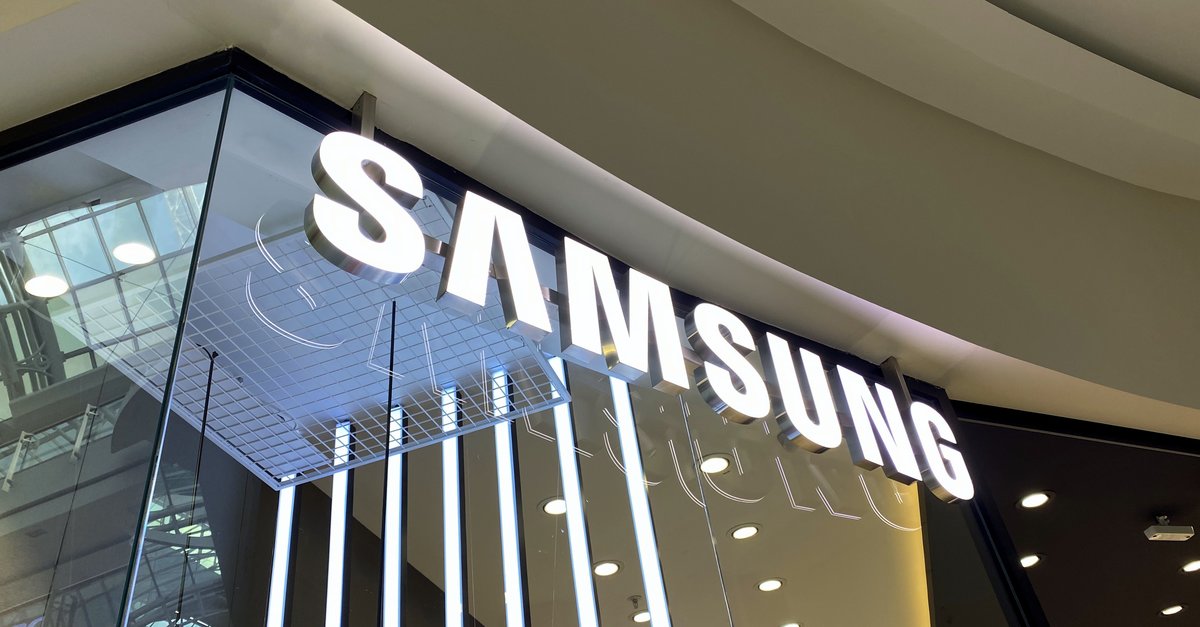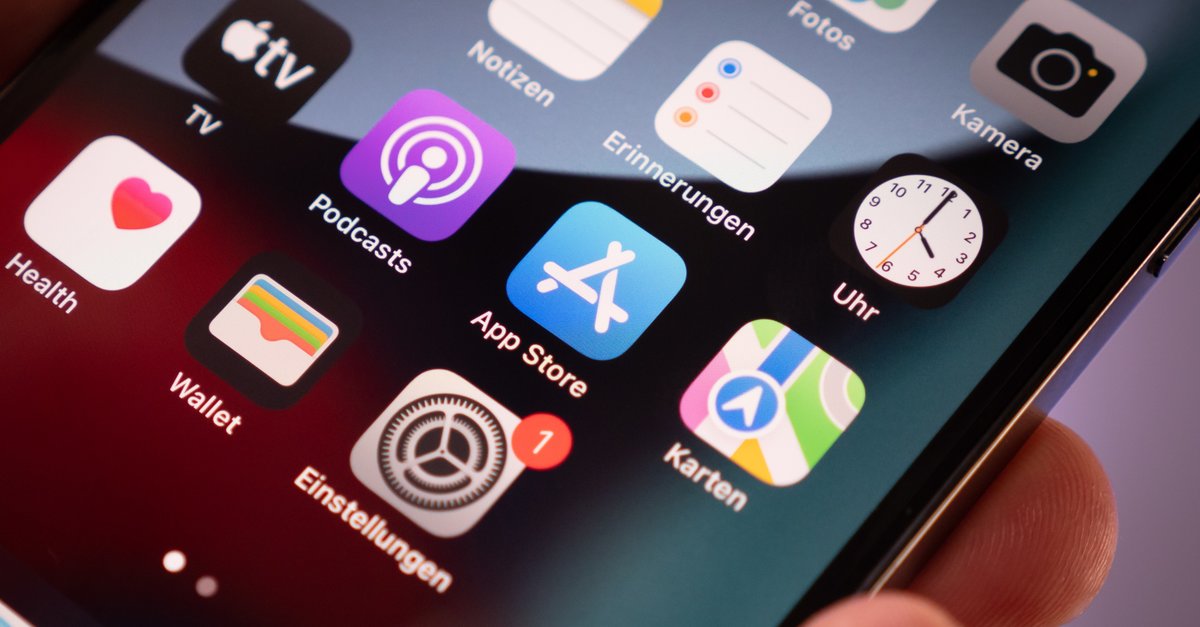Without Samsung, new Android phones will be much better
In addition to being the largest smartphone maker in the world, Samsung is also a major contract manufacturer for large corporations that buy parts from the South Korean company. The production of the Snapdragon 8 Gen 1 caused quite a stir. Samsung is not building the successor – which should have a positive impact on future smartphones.
Snapdragon 8+ Gen 1 is built by TSMC
With the Snapdragon 8 Gen 1, Samsung has produced one of the most important processors of the year. The company was able to get the order from Qualcomm and has thus made it into many modern smartphones from competing manufacturers. The fact that not everything was running optimally was noticed at the latest when many manufacturers suddenly started to throttle their smartphones because they either got too warm or the energy consumption was too high. Samsung has also throttled the self-produced Exynos 22000. With the improved Snapdragon 8+ Gen 1, this should no longer happenbecause Samsung loses production to TSMC (Source: Qualcomm).
Next-generation high-end smartphones like the Samsung Galaxy Z Fold 4 or Xiaomi 12 Ultra will be equipped with the new Snapdragon 8+ Gen 1. According to Qualcomm, this promises decisive improvements in efficiency. The performance increases by only 10 percent, but at the same time the energy requirement should drop by 30 percent. With the new chip, we don’t just get a small upgrade, but the processor that we should have received at the beginning of the year. Hopefully manufacturers will no longer have to throttle their smartphones with the new processor.
The Samsung Galaxy S22 Ultra comes with Snapdragon and Exynos processor:
Samsung is developing a completely new processor
Although Samsung offers its own processor with the Exynos chip, it is not completely self-developed. That was also the reason why the Galaxy S22 had to be throttled first. Samsung had announced that it would develop its own chip that would really cover its own needs and ensure the future. A direct comparison of Qualcomm, Samsung and Apple will certainly be interesting. But you won’t be able to do that until 2025, when the processor is really there.
Don’t want to miss any more news about technology, games and pop culture? No current tests and guides? Then follow us on Facebook (GIGA Tech,
GIGA Games) or Twitter (GIGA Tech,
GIGA Games).



